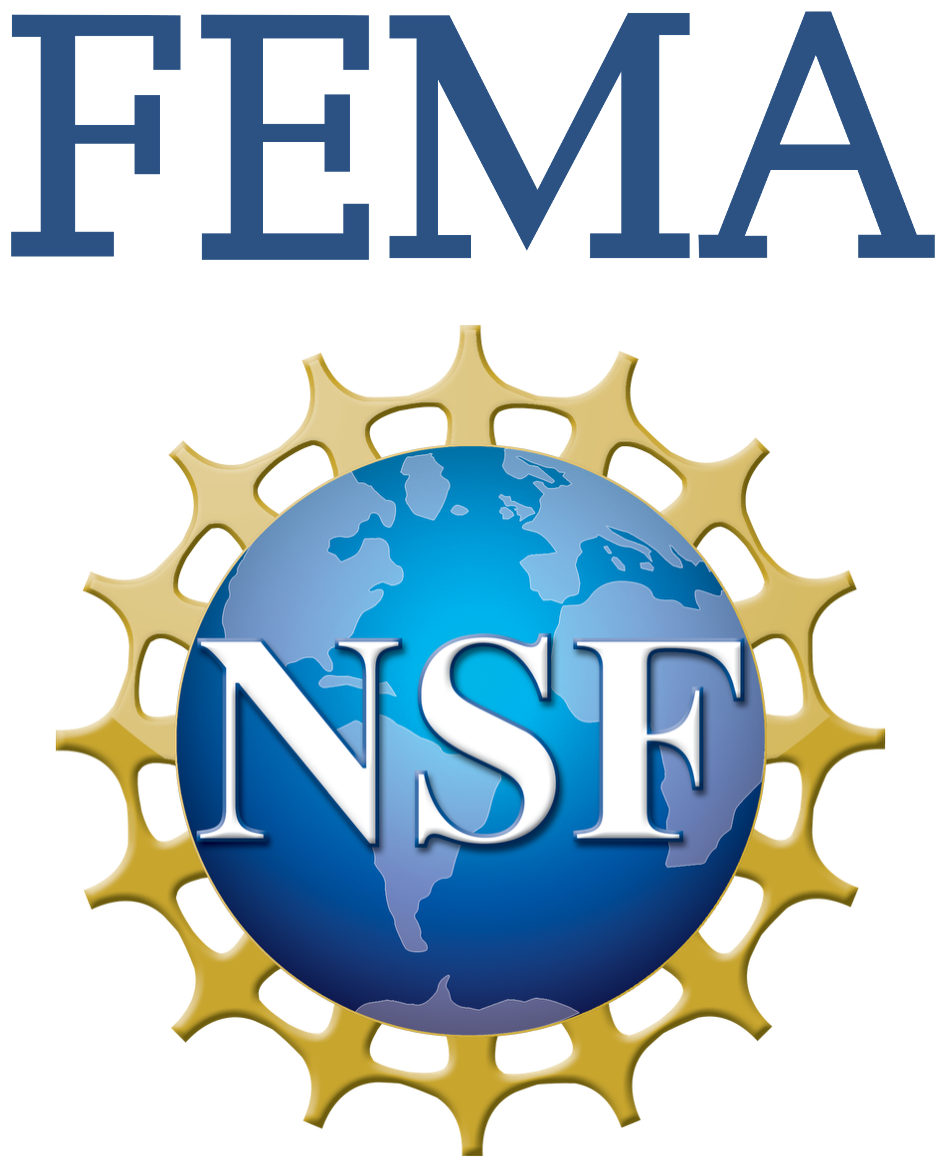Mitigation Matters Research Award Program
The Federal Emergency Management Agency (FEMA) defines mitigation as the effort to reduce loss of life and property by lessening the impact of disasters. Effective mitigation requires that we all understand local risks and invest in long-term planning to reduce risks and enhance community well-being. In response to this need, the Natural Hazards Center created the Mitigation Matters Research Award Program. These awards provide funding to researchers to conduct studies on hazards mitigation.
Call for Proposals Postponed for 2025 Mitigation Matters
Questions?
Please contact award program co-administrators, Rachel Adams, Meghan Mordy, or Jennifer Tobin at haz.research.awards@colorado.edu.
Subscribe to updates to receive more information.
Acknowledgments

The Mitigation Matters Research Award Program was funded by the Federal Emergency Management Agency (FEMA) through supplemental support to the National Science Foundation ( NSF Award #1635593). Opinions, findings, conclusions, or recommendations produced by this program are those of the author(s) and do not necessarily reflect the views of FEMA, NSF, or the Natural Hazards Center.
